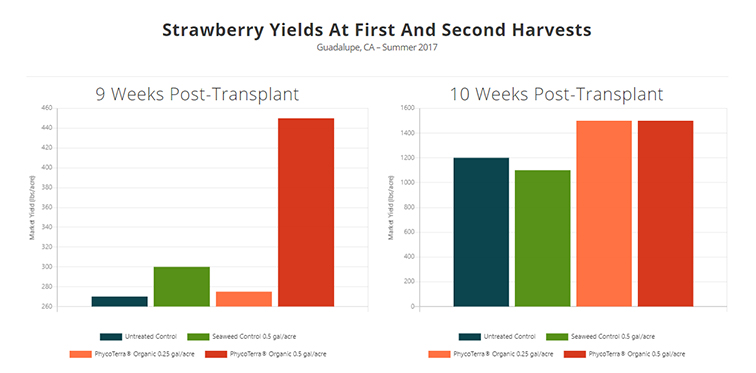Pro-GMOs Site Embraces Skeptics, Marks Milestone
GMO Answers, an online portal dedicated to creating an open dialogue on the topics of biotechnology and GMOs in food and modern agriculture, is recognizing the 1.3 million consumers who have engaged in the online dialogue on the site, and thanking the community of volunteer experts who have answered more than 1,000 questions about GMOs and agriculture.
Coincidentally, the 1,000+ questions answered milestone comes on “International Skeptics Day.”
“On a day focused on critical thinking, open dialogue and scientific discussion, it’s only fitting we acknowledge that consumers have a lot of questions and are interested in learning more about where their food comes from and how it’s produced,” said Kate Hall, managing director of the Council for Biotechnology Information and GMO Answers spokesperson.
♦ More Social Commentators Changing Their Views On GMO Crops ♦
The celebration also is part of the second annual “Get to Know GMOs” month, inviting the public to ask their toughest questions about GMOs and join the conversation about how our food is produced.
Visitors to GMOAnswers.com can review the cache of questions answered by farmers, scientists, academicians, doctors, nutritionists, and biotech industry experts, who volunteer their time to answer questions submitted online. Some of the most viewed questions are:
1. Do GMOs Cause Cancer?
2. Is it true that GMOs require massive amounts of pesticides, herbicides and fungicides?
3. How much of our food in the U.S. is genetically modified?
In honor of International Skeptics Day and to celebrate the milestone of 1,000 questions answered, GMO Answers is launching 100 days of GMOs. Starting today, GMO Answers will share one question per business day of the top 100 questions posted to the website across its social platforms, using the hashtag #100daysofGMOs.
According to GMO Answers, the goal of this social media campaign is to engage the public in a dialogue and raise further awareness of the most commonly asked questions.









